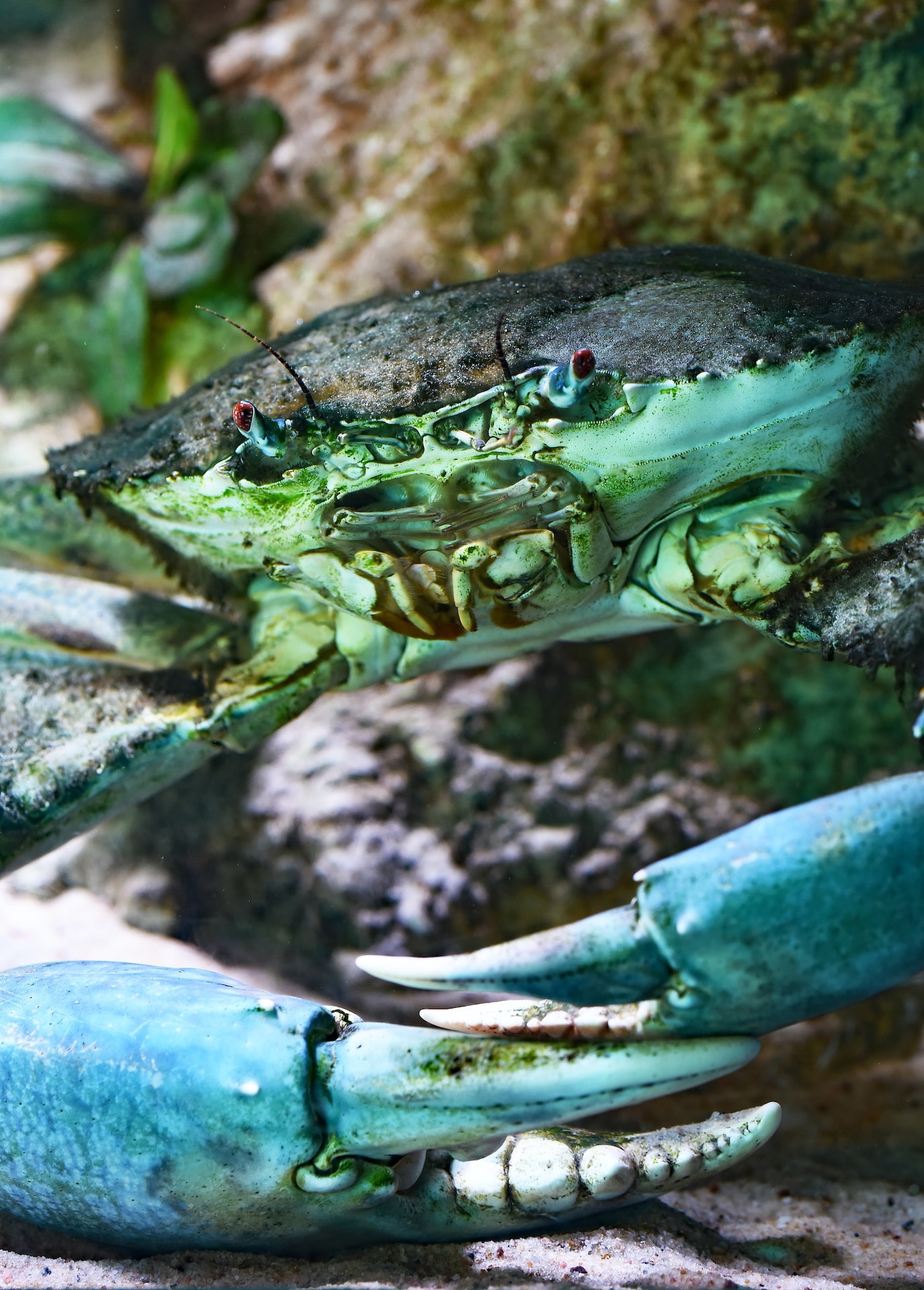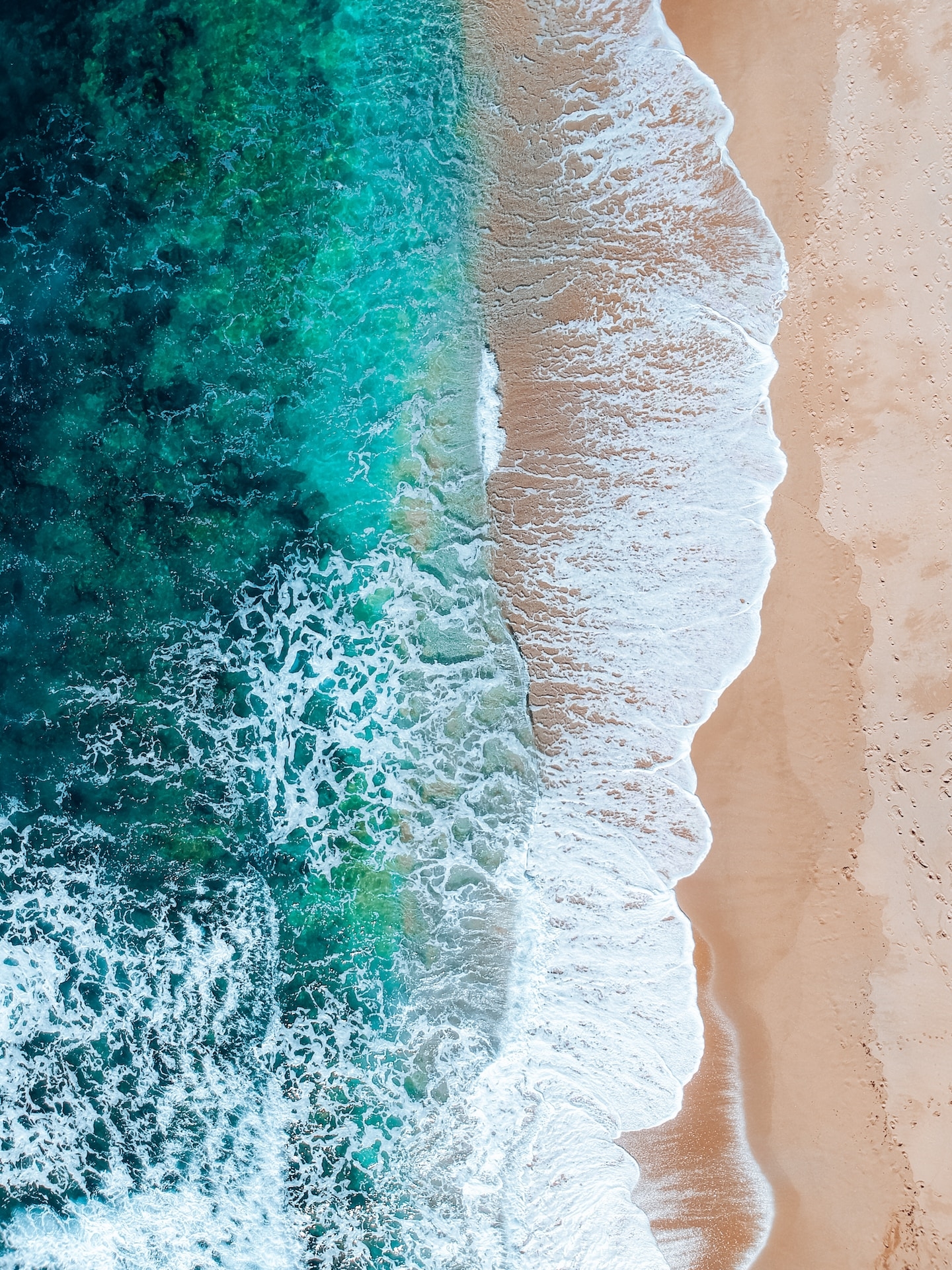Embarking on a dolphin cruise is an exciting opportunity to witness these intelligent and playful creatures in their natural habitat. However, for individuals prone to motion sickness, being on a boat for an extended period may raise concerns about getting sea sick. In this article, we will explore whether or not sea sickness is common during dolphin cruises.
Understanding Sea Sickness
Sea sickness, also known as motion sickness, is a condition that affects some individuals when they are exposed to motions or movements typically encountered while traveling by boat, ship, or other forms of transportation. Symptoms of sea sickness can include nausea, dizziness, sweating, and vomiting.
The Relation to Dolphin Cruises
Dolphin cruises are generally calm and smooth, as they take place in coastal areas with relatively calm waters. Unlike large cruise ships or deep-sea fishing boats that may encounter significant swells or rough seas, dolphin cruises tend to navigate in areas where the waters are more stable.
The typical duration of a dolphin cruise is around two to three hours, during which the boat moves at a leisurely pace to ensure optimal viewing opportunities. This slow and steady movement contributes to a smoother ride, reducing the chances of experiencing motion sickness.
Prevention and Remedies
If you are concerned about sea sickness, there are several measures you can take to prevent or alleviate symptoms:
- Choose a Large, Stable Boat: Opt for dolphin cruises that operate with larger boats, as they tend to provide a more stable and balanced ride.
- Stay Hydrated: Dehydration can worsen motion sickness, so it is essential to drink plenty of fluids before and during the cruise.
- Avoid Heavy Meals: Eating a light meal or snack before the cruise can help prevent sea sickness.
- Position Yourself Appropriately: If you feel susceptible to motion sickness, choose a seat near the center of the boat and keep your gaze fixed on the horizon.
- Consider Medications: Over-the-counter medications for motion sickness, such as dimenhydrinate or meclizine, can be taken before the cruise to help prevent symptoms. However, it is always advisable to consult a doctor or pharmacist before taking any medication.

The Experience of Others
Many individuals who have taken dolphin cruises report that they did not experience sea sickness. The combination of the calm waters and slow movements of the boat contributes to a generally comfortable experience.
However, it is essential to remember that everyone’s susceptibility to motion sickness can vary. Some individuals may still experience mild symptoms, especially if they are particularly prone to motion sickness. It is always recommended to take the necessary precautions and consult with a medical professional if necessary.
Dolphin cruises are generally considered to be a low-risk activity when it comes to sea sickness. The calm waters and slow movements of the boat contribute to a comfortable experience for most individuals. By following preventive measures and applying remedies if needed, you can increase your chances of enjoying a sea sickness-free dolphin cruise and create wonderful memories of observing these magnificent creatures in their natural habitat.



